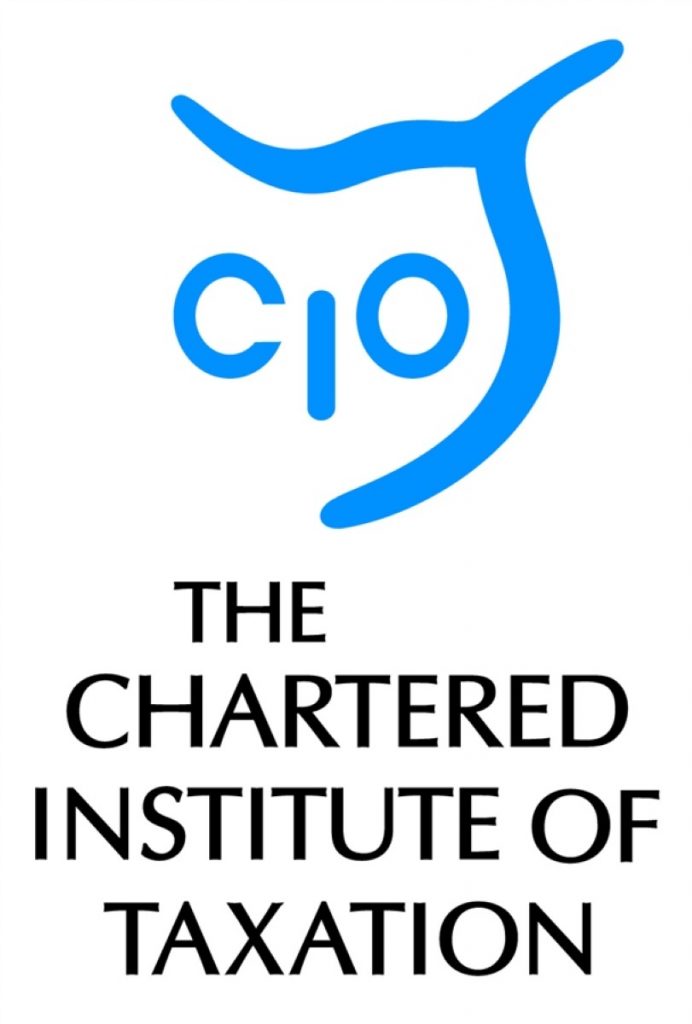CIOT: Offshore disclosure – HMRC in it for the long haul
The Chartered Institute of Taxation (CIOT) has welcomed today’s setting out by HMRC of their comprehensive strategy for countering offshore tax evasion in today’s document “No Safe Havens – HMRC Offshore Evasion Strategy” document.1
Gary Ashford, who represents the CIOT on HMRC’s Compliance Reform Forum, commented:
“HMRC are now setting out their stall very visibly – and it is clear they are in it for the long haul, with plans running up to 2017.
“They have had great success from the Offshore Disclosure Facilities in 2007 and 2009, and more recently with the Liechtenstein and UK agreements. We saw many people in the Isle of Man, Jersey and Guernsey disclosing in some of those earlier campaigns so it will be very interesting to see how many people are still left to disclose in those territories.”
The CIOT stresses that many people, particularly those not domiciled in the UK, may have good reasons to bank abroad. There will be a great proportion of these people whose tax affairs are perfectly in order.
Gary Ashford continued:
“It is important that HMRC recognise that merely having a bank account overseas does not mean you are going to be at fault with your tax affairs. That said, international tax can be complicated and I would recommend that people with financial interests across boundaries ensure they do not have tax liabilities that they did not previously appreciate. This is particularly the case with interests in offshore trusts.”
The CIOT expects that HMRC will look to engage with other UK dependent territories, with disclosure facilities coming in due course for more than just the Isle of Man, Jersey and Guernsey.
Gary Ashford concluded:
“The latest facilities do not appear to give clarity over prosecution for tax offences. It looks like the only agreement still providing this protection is the Liechtenstein agreement. If HMRC will not give immunity for the other facilities, you could still find many people looking towards the Liechtenstein facility instead.”
Notes to editors
1. The main strands to the strategy are
· Disclosure facilities for IOM, Jersey and Guernsey
· UK Negotiating further international treaties for exchange of information, perhaps even US type FATCA agreements
· More disclosure facilities for offshore territories
· Looking further at UK penalty regime for offshore matters, including the managing deliberate defaulters regime
· Follow up on current and new campaigns, Liechtenstein and Switzerland.
1. The Chartered Institute of Taxation
The Chartered Institute of Taxation (CIOT) is the leading professional body in the United Kingdom concerned solely with taxation. The CIOT is an educational charity, promoting education and study of the administration and practice of taxation. One of our key aims is to work for a better, more efficient, tax system for all affected by it – taxpayers, their advisers and the authorities. The CIOT’s work covers all aspects of taxation, including direct and indirect taxes and duties. Through our Low Incomes Tax Reform Group (LITRG), the CIOT has a particular focus on improving the tax system, including tax credits and benefits, for the unrepresented taxpayer.
The CIOT draws on our members’ experience in private practice, commerce and industry, government and academia to improve tax administration and propose and explain how tax policy objectives can most effectively be achieved. We also link to, and draw on, similar leading professional tax bodies in other countries. The CIOT’s comments and recommendations on tax issues are made in line with our charitable objectives: we are politically neutral in our work.
The CIOT’s 16,500 members have the practising title of ‘Chartered Tax Adviser’ and the designatory letters ‘CTA’, to represent the leading tax qualification.
– ENDS –
George Crozier
External Relations Manager
D: +44 (0)20 7340 0569
M: +44 (0)7740 477374
The Chartered Institute of Taxation
Registered charity number 1037771
www.tax.org.uk
The Association of Taxation Technicians
Registered charity number 803480
Registered company number 2418331
VAT Registration Number 497 5390 90
www.att.org.uk
Low Incomes Tax Reform Group – an initiative of the Chartered Institute of Taxation
www.litrg.org.uk
1st Floor, Artillery House, 11-19 Artillery Row, London SW1P 1RT





-01.png)